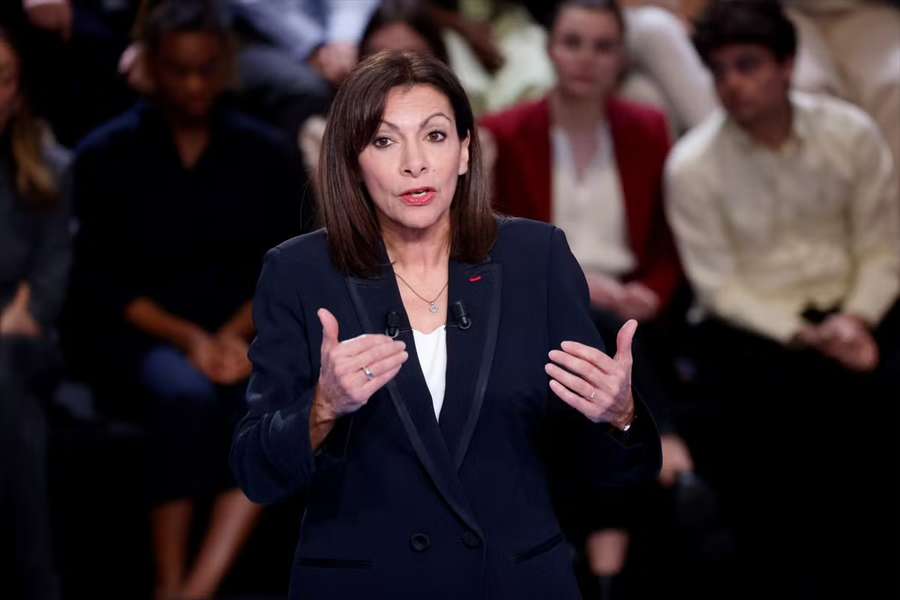Paris mayor against Russian athletes at 2024 Olympics 'as war goes on'

Last month Hidalgo said she believed Russians could take part "under a neutral flag" to avoid "depriving athletes of competition".
On Tuesday she told French media that her earlier position was "indecent" because a neutral flag, "does not really exist" although she said there should be a place for "dissident Russians who want to parade under the refugee flag".
Her office said this was a "clarification" of her position.
They would, she said, be athletes who do not "support Vladimir Putin in his aggression".
The Refugee Olympic Team competed for the first time in the Rio Games in 2016, where it was made up of 10 athletes originally from Syria, Ethiopia, South Sudan and the Democratic Republic of Congo.
Since the beginning of the Russian invasion of Ukraine in late February 2022, Russians and Belarusians have been banned from most world sporting events.
Hidalgo did not address the issue of the participation of Belarusian athletes but the International Olympic Committee (IOC) said last month it was exploring a "pathway" to allow competitors from both countries to take part in the Paris Olympics.
Ukraine responded by saying it would consider boycotting the Games.
The United States said Russian and Belarusian athletes should compete in Paris under a neutral flag, but many countries, particularly in Eastern Europe, have opposed the idea.
Poland's sports minister, Kamil Bortniczuk, said last week that as many as 40 countries could refuse to take part in Paris if Russia and its ally Belarus were allowed to compete.
Estonia has said it would boycott while the Czech Olympic Committee said on Monday it was opposed to Russian participation but would not boycott.
French president Emmanuel Macron has not expressed himself on the subject. Contacted Tuesday by the AFP, neither the president's office nor France's ministry of sport gave any immediate reaction to Hidalgo's new position.
The IOC, rather than the organisers and the French authorities, will ultimately decide who competes in the Olympics.
Russians have taken part under a neutral flag following a doping scandal at the 2014 Sochi Winter Games.
The International Association of Athletics Federations, now known as World Athletics, sought to have the country's athletes compete as "neutral athletes" in the 2016 Rio Games, although long jumper Darya Klishina went to the Court of Arbitration in Sport and won the right to compete as a Russian.
Following a ban from the World Anti-Doping Agency, Russians represented their national Olympic committee, rather than Russia itself, in the Tokyo Olympics in 2021 and the Beijing Winter Games in 2022.
"I am not in favour of this option, I would find it totally indecent," said Hidalgo. "We will not parade a country that is attacking another and pretend it does not exist," she said.

